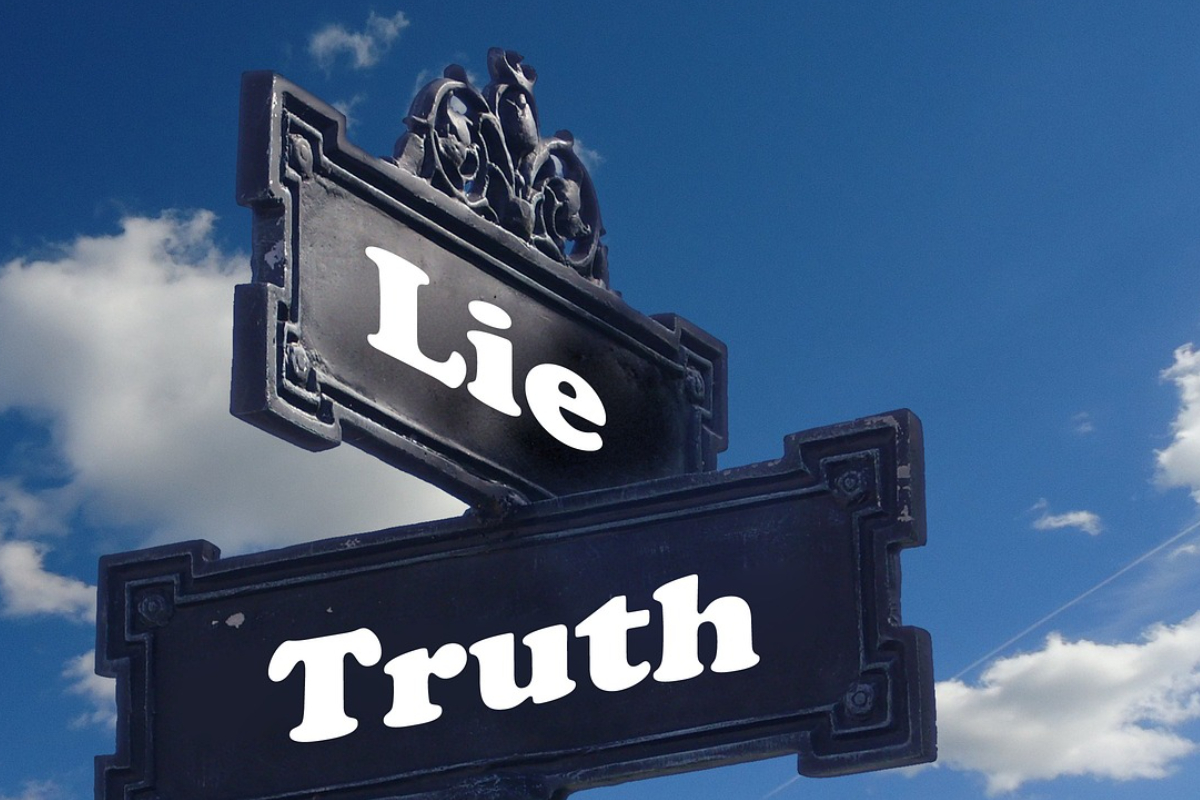The Truth Doesn’t Lie: Understanding the Power of Honesty
In a world where misinformation can spread like wildfire, the value of truth becomes increasingly significant. The phrase “The truth doesn’t lie” is not just a catchy slogan; it represents a fundamental principle that underpins trust, integrity, and authenticity in our daily lives.
The Foundation of Trust
Trust is built on the cornerstone of truth. Whether in personal relationships, business dealings, or political discourse, honesty is the glue that holds society together. When people are truthful, they establish a sense of reliability and dependability. This trust fosters deeper connections and mutual respect, creating a stable environment where collaboration and progress can thrive.
The Role of Truth in Personal Integrity
Being truthful is not just about being honest with others; it is also about being honest with oneself. Personal integrity involves aligning your actions with your values and beliefs. When you live a life guided by truth, you cultivate self-respect and confidence. This internal consistency enables you to navigate life’s challenges with a clear conscience and a strong sense of purpose.
The Consequences of Dishonesty
While the truth can be difficult to face at times, the consequences of dishonesty are far more damaging. Lies, whether big or small, erode trust and can lead to a breakdown in relationships. In the digital age, where information is easily accessible and verifiable, getting caught in a lie can have long-lasting repercussions. Dishonesty can tarnish reputations, ruin careers, and even lead to legal consequences.
The Truth in the Age of Information
In today’s information-rich society, discerning the truth requires critical thinking and a skeptical mindset. With the proliferation of fake news and misinformation, it is more important than ever to verify sources and question the credibility of the information we consume. By prioritizing truth, we can combat the spread of falsehoods and contribute to a more informed and enlightened public discourse.
The Moral Imperative of Truth
Beyond the practical benefits, telling the truth is a moral imperative. Honesty reflects a commitment to ethical principles and respect for others. It acknowledges the inherent dignity of individuals and treats them as worthy of knowing the truth. By upholding the truth, we contribute to a more just and equitable society.
Conclusion
The truth doesn’t lie because it stands as an unwavering beacon of authenticity and integrity. Embracing the truth in all aspects of life fosters trust, builds personal integrity, and upholds moral values. In a world filled with uncertainties, the truth remains a constant guidepost, leading us toward a more honest and harmonious existence.


Leave a Reply